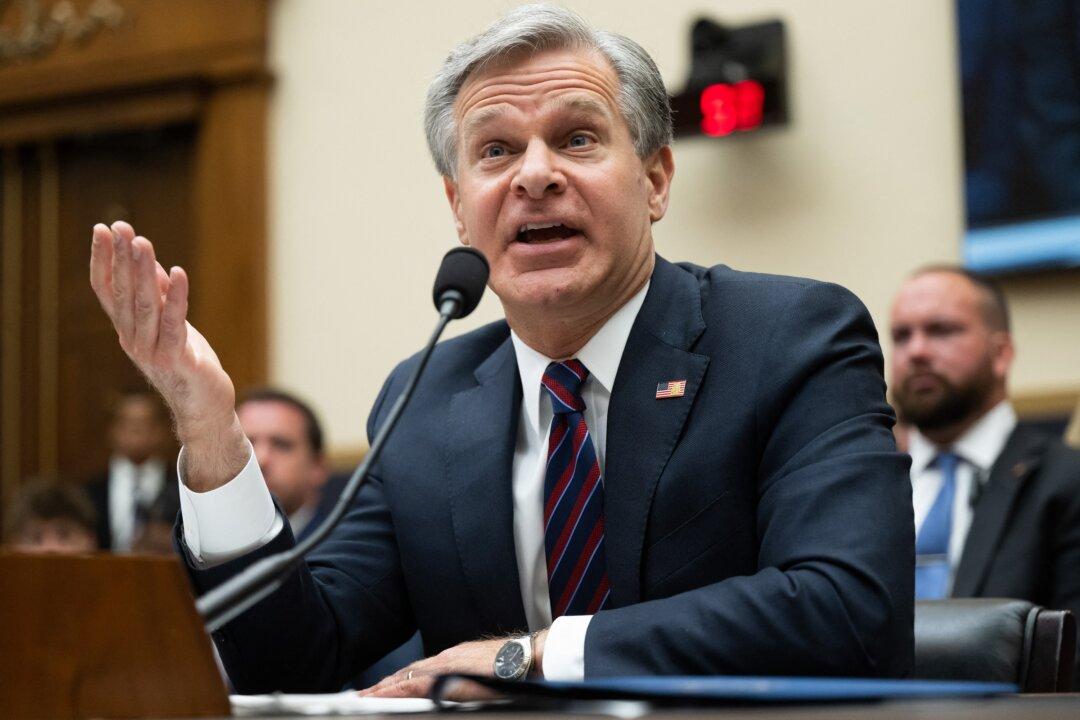FBI Director Christopher Wray told Congress on Wednesday that he was “aghast” when he learned of an internal memo targeting Catholic communities as extremists.
In February, a leaked January 2023 memo from the Richmond Field Office in Virginia showed that the agency had taken an interest in traditionalist and Latin Mass Catholic parishes, saying that extremists would likely become interested in these parishes “in the run-up to the next general election cycle.”





